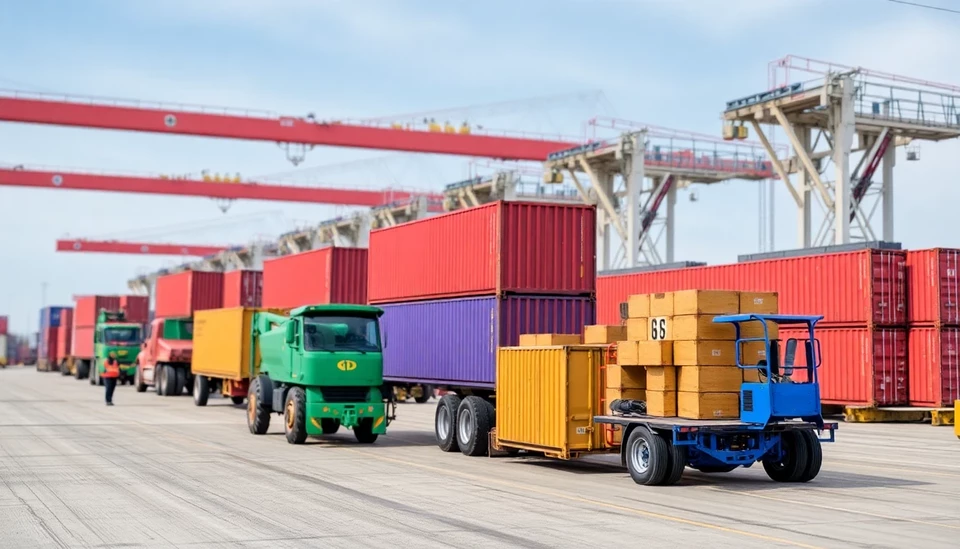
In recent remarks, former President Donald Trump has reignited debates surrounding the trade agreements made with Canada, claiming they are detrimental to the U.S. economy. However, leading economists are stepping forward to refute his claims, labeling them as misleading and lacking in substantial evidence.
Trump's assertions were articulated during a public event where he characterized the Canada trade deal as unfavorable for the American workforce. He claimed that the arrangement has resulted in job losses and a weaker economy, drawing on anecdotal evidence to support his narrative. This rhetoric is not new; it mirrors his previous critiques of international trade that focused on protecting American workers.
However, a group of economists and trade experts have quickly pushed back against Trump's narrative. They argue that the North American Free Trade Agreement (NAFTA), which was replaced by the United States-Mexico-Canada Agreement (USMCA) during his presidency, has, in fact, benefited both economies. They highlight that trade agreements often lead to improved trade relations and economic growth, instead of the purported job losses claimed by Trump.
Many economists underscore that the economic interdependence created by trade agreements enables industries to thrive, fostering innovation, lowering consumer prices, and providing consumers with a vast array of goods and services. Furthermore, they contend that the narrative of job losses is overly simplistic, failing to account for the dynamic nature of the global economy where sectors grow and decline continuously.
Moreover, experts pointed out that attributing job losses solely to trade agreements disregards other critical factors, such as technological advancement and shifts in consumer preferences, which play substantial roles in the labor market. They advocate for a nuanced understanding of the economic landscape, one that considers multiple variables influencing job trends.
The economists express concern that perpetuating misinformation regarding trade agreements could lead to misguided policies that may harm the very workers Trump claims to protect. They stress the importance of robust trade agreements in maintaining competitive advantages and fostering economic resilience.
In addition, trade analysts remind the public of the intricate supply chains that have emerged from cross-border trade, which have become vital to various industries. Disrupting these relationships could have far-reaching implications, ultimately affecting job security and economic stability within the United States.
As the debate continues, it becomes increasingly clear that the conversation around trade and its impacts is complex and multi-faceted. The opinions of economists and analysts highlight the need for informed policy-making that extends beyond singular narratives, urging leaders to adopt empirical data over anecdotal claims.
Engagement from the public and stakeholders remains crucial in shaping a constructive dialogue around trade, helping to bridge the gap between the political rhetoric and the underlying economic realities. As discussions unfold, it will be essential for all parties to prioritize facts and analyses to better understand the implications of trade agreements and their role in the modern economy.
Ultimately, the ongoing debate reflects a larger conversation about how trade policies affect everyday Americans, and the importance of making informed decisions to support the country’s economic future.
#TradePolicy #Economy #Trump #Canada #TradeDebate #USMCA #NAFTA #JobMarket
Author: Laura Mitchell




